Breeding and crop protection cannot do without each other. Growers need both the right varieties and crop protection products to achieve optimal cultivation results. BASF is assisting growers in this endeavor. To emphasize BASF's role in connecting these components, the company was present at Fruit Logistica with the vegetable seeds division BASF | Nunhems, crop protection, and digital solutions. Their slogan was "Connecting for greater value."
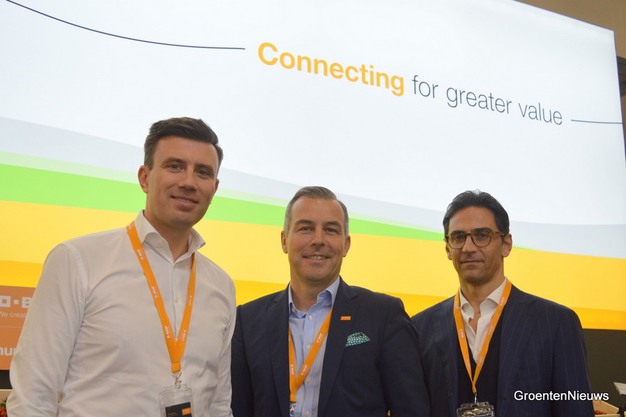 Maximilian Becker and Marko Grozdanovic from BASF | Nunhems and Simone Cerutti from Horta (part of BASF Digital Solutions)
Maximilian Becker and Marko Grozdanovic from BASF | Nunhems and Simone Cerutti from Horta (part of BASF Digital Solutions)
In early February, at their stand in Berlin, we found no crop protection products. Fruit Logistica is a fresh produce trade fair, so the focus is on varieties. Think of Sunions (the tearless onion), a melon portfolio full of innovations, and 25 ToBRFV-resistant tomato varieties. "Five years ago, we were not that big in the tomato segment, we have grown rapidly," says Maximilian Becker. Since the end of 2022, he has been Senior Vice President of the vegetable seeds company BASF | Nunhems. He was previously the director of BASF's branch in Portugal.
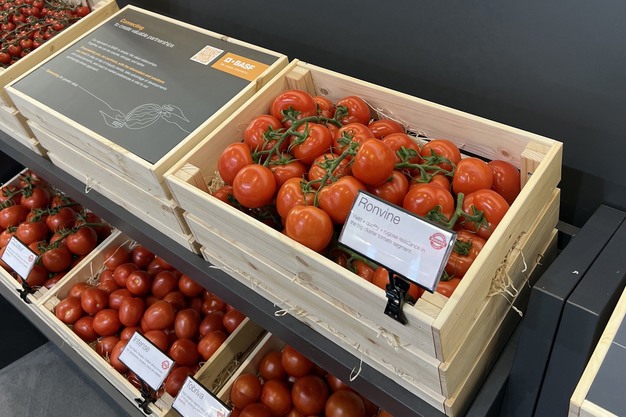
Ronvine, the latest ToBRFV-resistant introduction from Nunhems
Digital solutions
While having a drink after a Tuesday morning full of conversations, Maximilian (a cup of coffee) and Senior Vice President Global Strategic Marketing Agricultural Solutions Marko Grazdanovic (a glass of water), emphasize that it's really about 'connecting', not 'integrating'. Each branch has its own specialty, and additionally, a new branch was added two years ago: Digital Solutions.
 This last branch is still quite unknown, especially in high-tech horticulture. Horta is the flagship in terms of digital solutions. It is a company that originated as a spin-off of the Catholic University of Piacenza in Italy. They were early engaged in the field of digital farming, mentions Simone Cerutti (Managing Director of Horta) later that morning. "In Italy, we started with models that help to make the best decisions about crop protection, irrigation, and fertilization. We are also able to predict harvests."
This last branch is still quite unknown, especially in high-tech horticulture. Horta is the flagship in terms of digital solutions. It is a company that originated as a spin-off of the Catholic University of Piacenza in Italy. They were early engaged in the field of digital farming, mentions Simone Cerutti (Managing Director of Horta) later that morning. "In Italy, we started with models that help to make the best decisions about crop protection, irrigation, and fertilization. We are also able to predict harvests."
Cultivation knowledge
Currently, Horta is active in fourteen open-field cultivations, including that of tomatoes. The company has the ambition to get engaged in greenhouse cultivation, but first, they want to realize a full cucurbit portfolio'.
"With the acquisition of Horta in 2022, we can further complement our portfolio (of seeds, traits, and crop protection) with a digital agriculture and decision support system that helps to achieve sustainable yield improvements," says Marko.
Since May 2022, Horta has been part of BASF. In 2018, the Germans had already acquired Xarvio Digital Farming Solutions, which is a crop optimization platform. After the merger, Horta intends to operate globally. "Our strength is that we originated from agronomists and not purely from ICT knowledge," emphasizes the managing director of Horta.
BASF has Cultivation knowledge in abundance. With this knowledge, they are now more clearly focusing on the grower. Previously, the focus lay deeper in the supply chain. Keeping in touch with chain contacts remains important, but the course has shifted, says Maximilian. He portrays BASF | Nunhems as a connector of growers and chain players. "It's time to talk about our new approach. We want to help the grower holistically." In other words: the whole is greater than the sum of its parts."
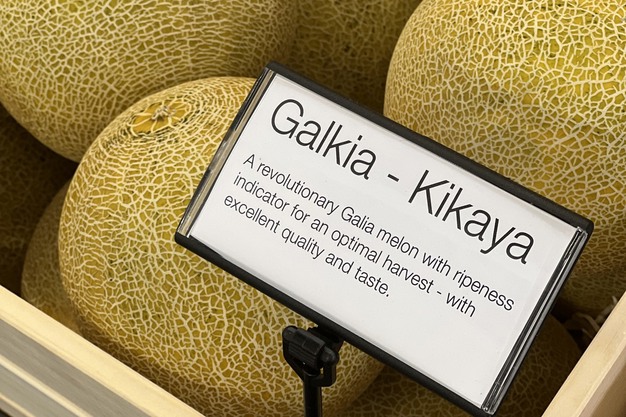
Expectation management
Aside from the growth of the Digital Solutions branch, Maximilian and Marko point to the 'strong portfolio' they have to offer. The varieties have already been mentioned, but there is also development in the field of crop protection. "This is among others the case with biologicals," Marko notes. Thanks to modern techniques, more and more is possible.
This is especially true for breeding, where new genomic techniques are a bespoke topic. This development is closely monitored by BASF|Nunhems. The focus is on Europe. If the European Union agrees to the use of techniques like Crispr-Cas, then the breeders will also start using it. "But don't expect that the breeding of new varieties will suddenly go twice as fast," Maximilian warns. "New Genome Editing Techniques (NGTs) won't be a game-changer. We need to manage expectations." There is potential, Marko adds. "But we are waiting for European approval first."
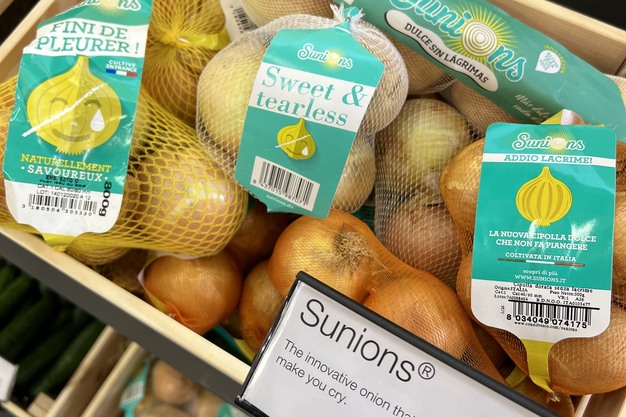
Assistance from AI
Through combining breeding and crop protection, growers could tackle the challenges of climate change. For example, in recent years, the seed production of leeks has moved from Italy to France and the Netherlands. Maximilian highlights that artificial intelligence is useful for these kinds of decisions. "Modern techniques, such as AI, allow you to have a better foresight."
Years ago, this was also done with the then-available knowledge and technical possibilities. "About fifteen years ago, we already knew that the use of crop protection products would come under further pressure, mainly thanks to experts in regulation who shared their knowledge with breeders." Another insight is that organizing sufficient labor is becoming an increasingly bigger challenge, as was also expected. This has led to an innovation for iceberg lettuce. A variety with an extended 'neck' which allows for better mechanical harvesting.
Can the market expect a completely new vegetable? Maximilian and Marko start to laugh. If it were coming, we would not share it, but the focus is more on solutions for breeding, crop protection, and digitalization in the fields of climate change and labor.
For more information: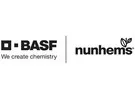
BASF | Nunhems
www.agriculture.basf.com
www.nunhems.com
